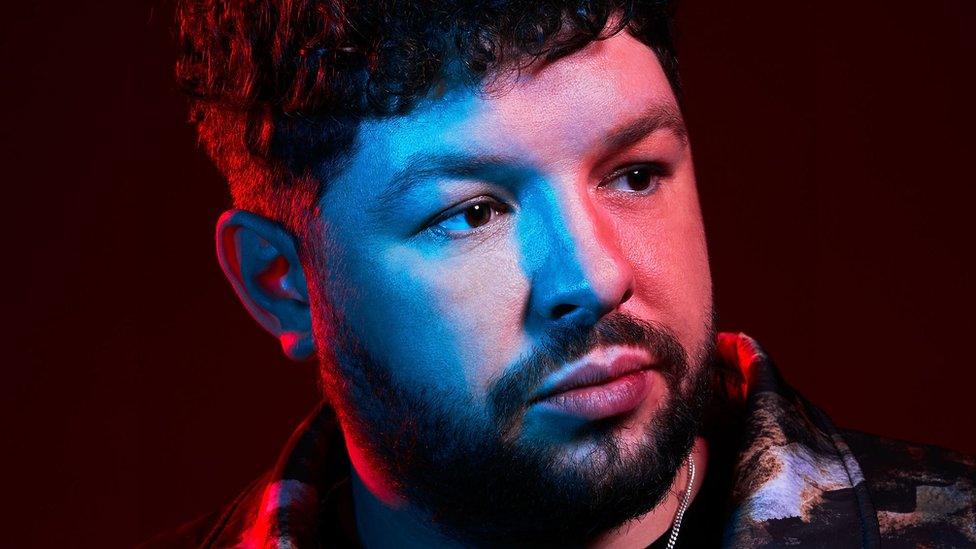Eurovision: Ireland and Australia eliminated in first semi-final
- Published
- comments
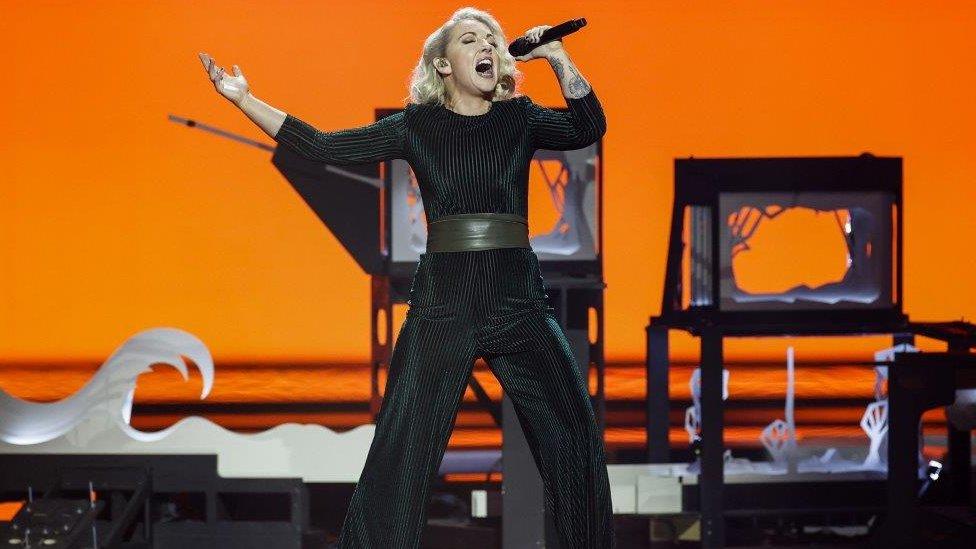
Ireland's Lesley Roy used moving paper cut-outs to augment her performance
Ireland and Australia were among six nations to be knocked out of Eurovision in the song contest's first semi-final in Rotterdam on Tuesday.
Croatia, North Macedonia, Romania and Slovenia were also eliminated.
Australia's early exit marks the first time the country has failed to make the final since it began competing in 2015.
Iceland's act has also been forced to withdraw after one of its members tested positive for Covid-19, although its song will remain in the contest.
Organisers announced on Wednesday that Daði og Gagnamagnið had "taken the difficult decision to withdraw from performing... as they only want to perform together as a group".
A rehearsal performance of their song 10 Years will be screened during Thursday's semi-final, and again on Saturday should they progress to the final.
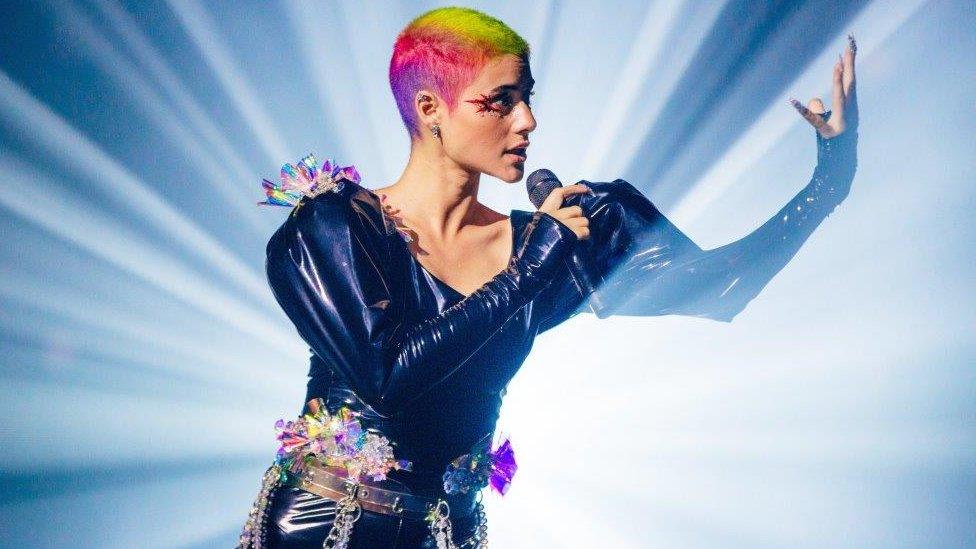
A video performance of Australia's Montaigne was shown because she couldn't attend in person
Australian singer Montaigne did not travel to the Netherlands to perform on Tuesday, pre-recording her song Technicolour remotely.
Ireland's Lesley Roy did make the journey to perform her entry Maps at Rotterdam's Ahoy Arena, which had 3,500 fans present as part of an official Covid trial event.
But her paper cut-assisted performance was not enough to see the 34-year-old singer-songwriter progress.
Her departure means Ireland - Eurovision's most successful nation with seven wins - has now failed to qualify for six of the last seven finals.
Azerbaijan, Belgium, Cyprus, Israel and Lithuania were among the 10 competing nations to be voted through.
Malta, Norway, Russia, Sweden and Ukraine will also participate in Saturday's final.
Eurovision favourites
Malta's 18-year-old singer Destiny, who won Junior Eurovision in 2015, has been tipped to win the main competition this year with her empowering song Je Me Casse - a French phrase meaning "I'm out of here".
Ukraine's Go_A are also hotly favoured with their song Shum, which features an ancient folklore technique known as "white voice". Italy, France and Iceland are among the other bookmakers' favourites.
Allow YouTube content?
This article contains content provided by Google YouTube. We ask for your permission before anything is loaded, as they may be using cookies and other technologies. You may want to read Google’s cookie policy, external and privacy policy, external before accepting. To view this content choose ‘accept and continue’.
Seventeen more nations will take part in Thursday's second semi-final, which will see seven of them eliminated.
San Marino's Senhit will open the show with her track Adrenalina, for which she will be joined by US rapper Flo Rida.
Who is representing the UK at Eurovision?
James Newman will fly the flag for the United Kingdom on Saturday with his up-tempo dance track Embers.
The 35-year-old was due to sing for Britain at last year's event before it was cancelled due to the coronavirus pandemic.
The UK and host country The Netherlands are among six nations whose places in the final are automatically guaranteed.
Allow YouTube content?
This article contains content provided by Google YouTube. We ask for your permission before anything is loaded, as they may be using cookies and other technologies. You may want to read Google’s cookie policy, external and privacy policy, external before accepting. To view this content choose ‘accept and continue’.
The Dutch government has allowed a maximum of 3,500 people to watch each of the semi-finals and grand final in person.
Viewers in the UK saw Sara Cox step in for Rylan Clark-Neal on BBC Four's coverage of Tuesday's semi-final.
The former X Factor contestant had been due to co-host with DJ Scott Mills but was forced to pull out due to illness.

Follow us on Facebook, external, or on Twitter @BBCNewsEnts, external. If you have a story suggestion email entertainment.news@bbc.co.uk, external.
Related topics
- Published19 May 2021
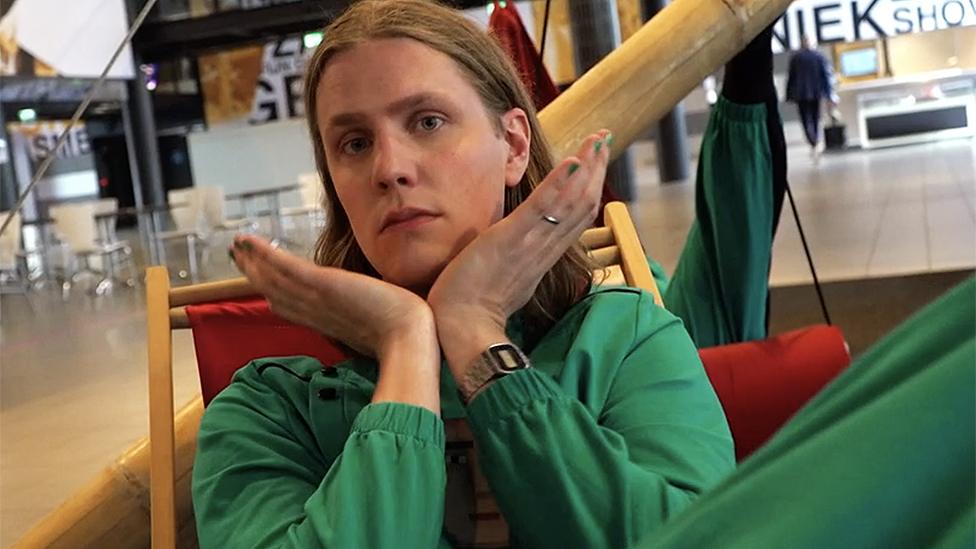
- Published18 May 2021
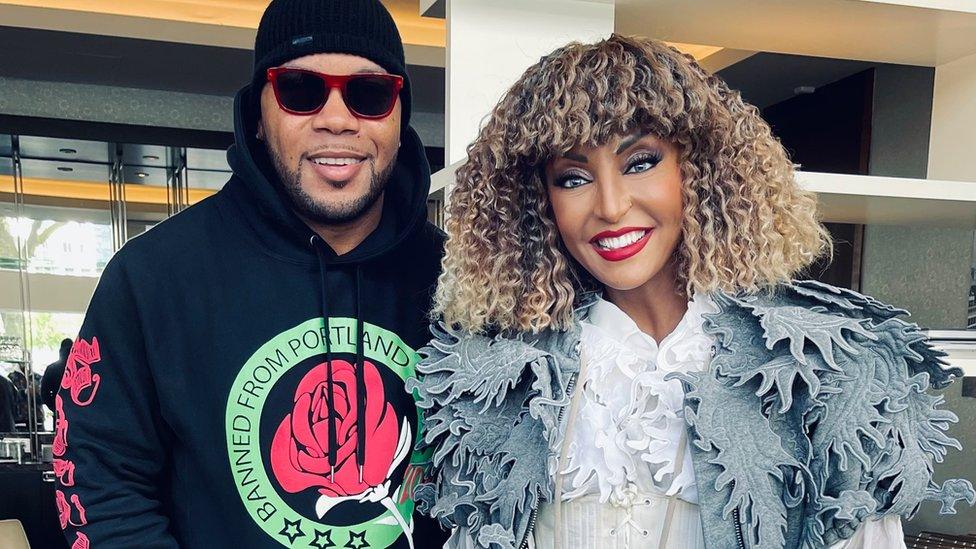
- Published17 May 2021
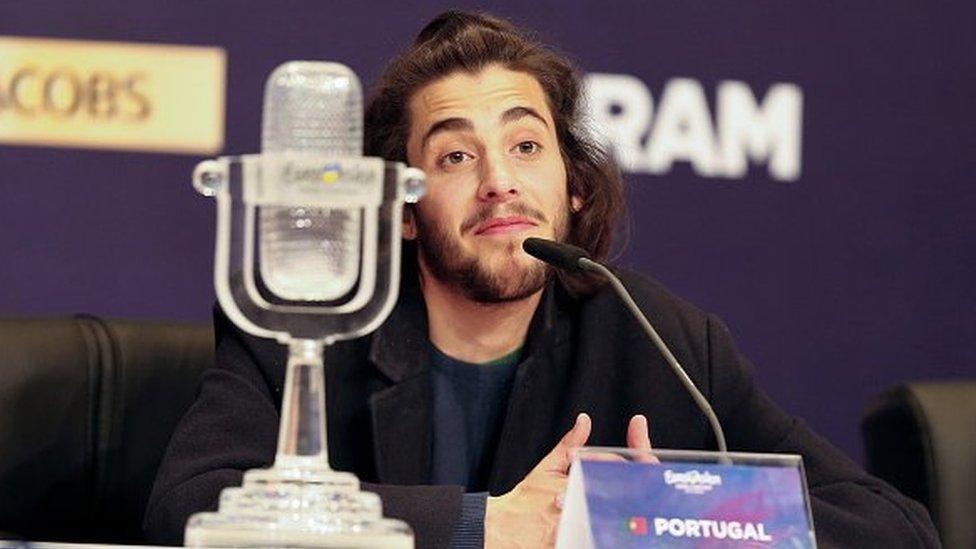
- Published16 May 2021
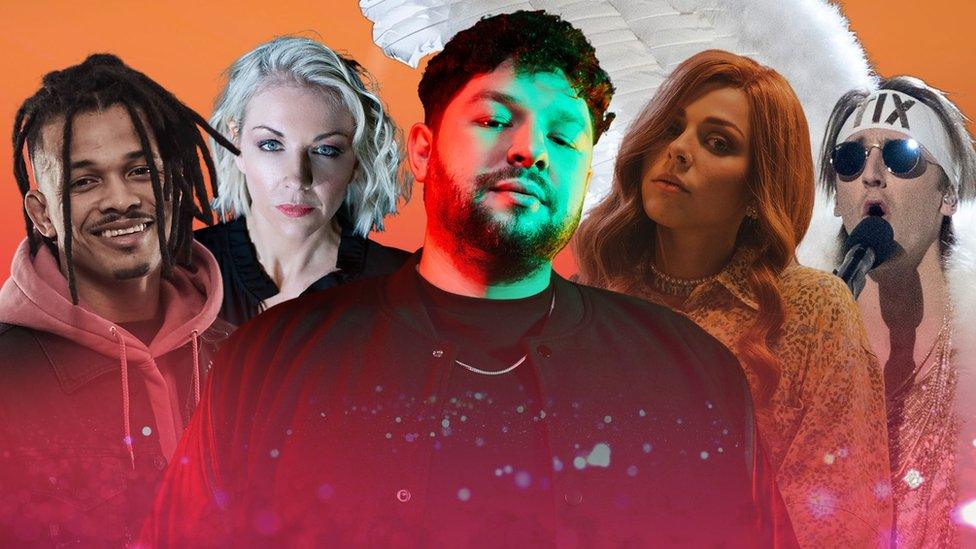
- Published7 May 2021
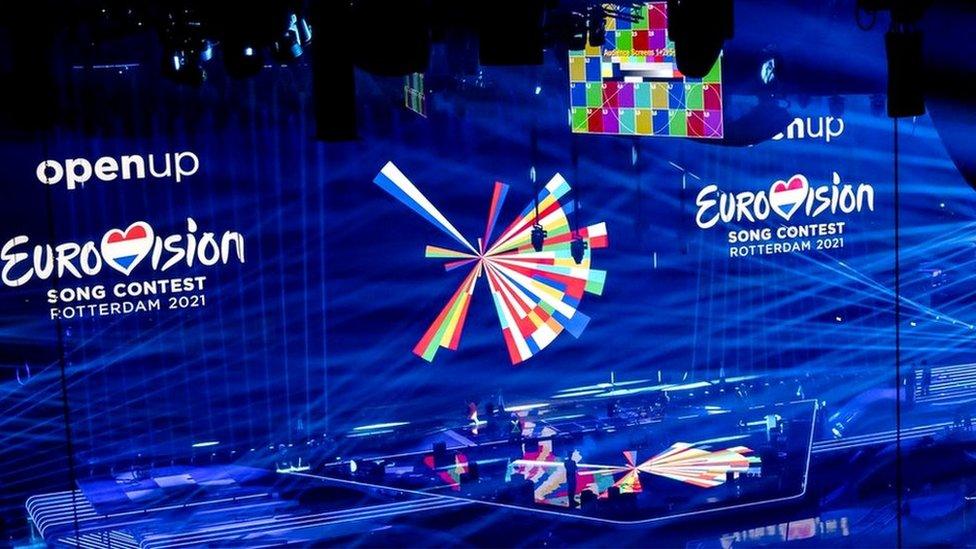
- Published11 March 2021
